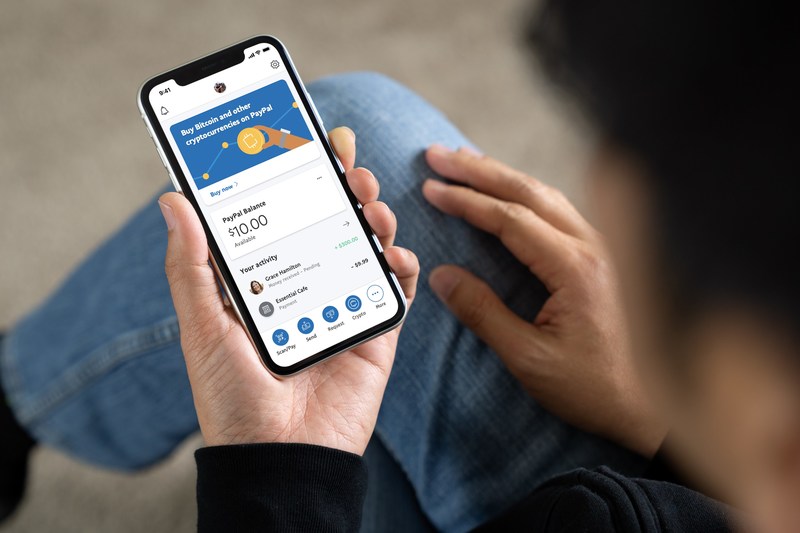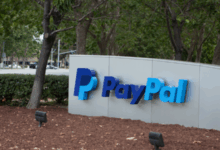PayPal to allow Users to Buy, Hold, and Sell Cryptocurrencies on the Platform
Finally...

PayPal is finally joining the crypto market. On Wednesday, the company announced a new service that will allow users to buy, hold, and sell crypto from their PayPal accounts.
The payment company also has plans underway that will allow users to shop from its global merchant network using cryptocurrencies.
The feature will start rolling out to PayPal users in the U.S “in the coming weeks”. For a start, they will be able to buy, hold and sell select cryptocurrencies including Bitcoin, Ethereum, Bitcoin Cash and Litecoin. Later, in early 2021, the ability to pay using crypto will be added.
International Expansion
PayPal plans to expand the feature to select international markets in the first half of 2021.
The company says cryptocurrencies are yet to go mainstream due to volatility, cost and speed to transact. To overcome these challenges, PayPal promises to offer advanced technology platforms that solve such issues.
“Consumers will be able to instantly convert their selected cryptocurrency balance to fiat currency, with certainty of value and no incremental fees,” the company said.
Merchants will be settled with fiat currency at their current PayPal to crypto rates with no additional fees or integrations. According to the company, in effect, crypto will be yet another funding source for PayPal digital wallets.
“The shift to digital forms of currencies is inevitable, bringing with it clear advantages in terms of financial inclusion and access; efficiency, speed and resilience of the payments system; and the ability for governments to disburse funds to citizens quickly,” said Dan Schulman, president and CEO, PayPal.
PayPal has increasingly focused on the crypto market over the last five years. Waiting for the perfect time to strike with a major concern on volatility, cost and speed of cryptocurrency-based transactions.
It was one of the co-founding members of Facebook’s Libra Association but exited Oct 2019, along with Mastercard and other traditional digital payment companies due to regulatory pressure.
Follow us on Telegram, Twitter, Facebook, or subscribe to our weekly newsletter to ensure you don’t miss out on any future updates.


